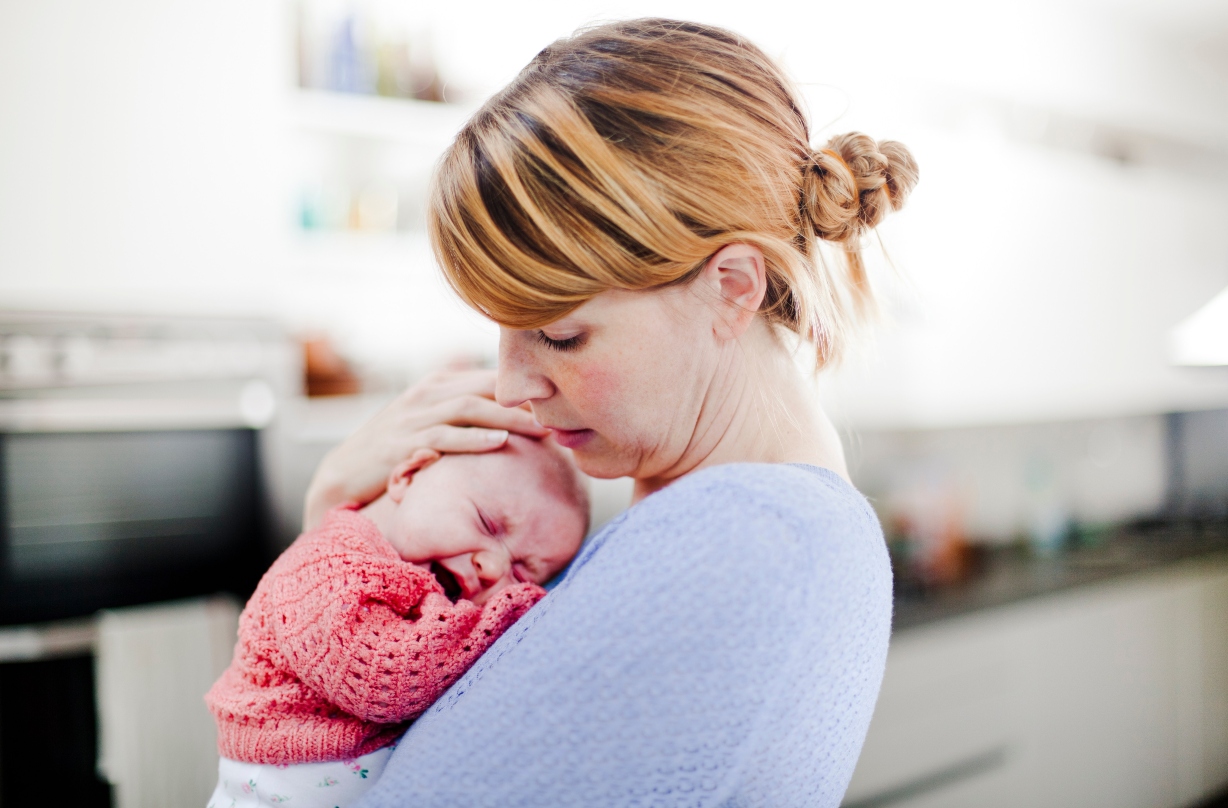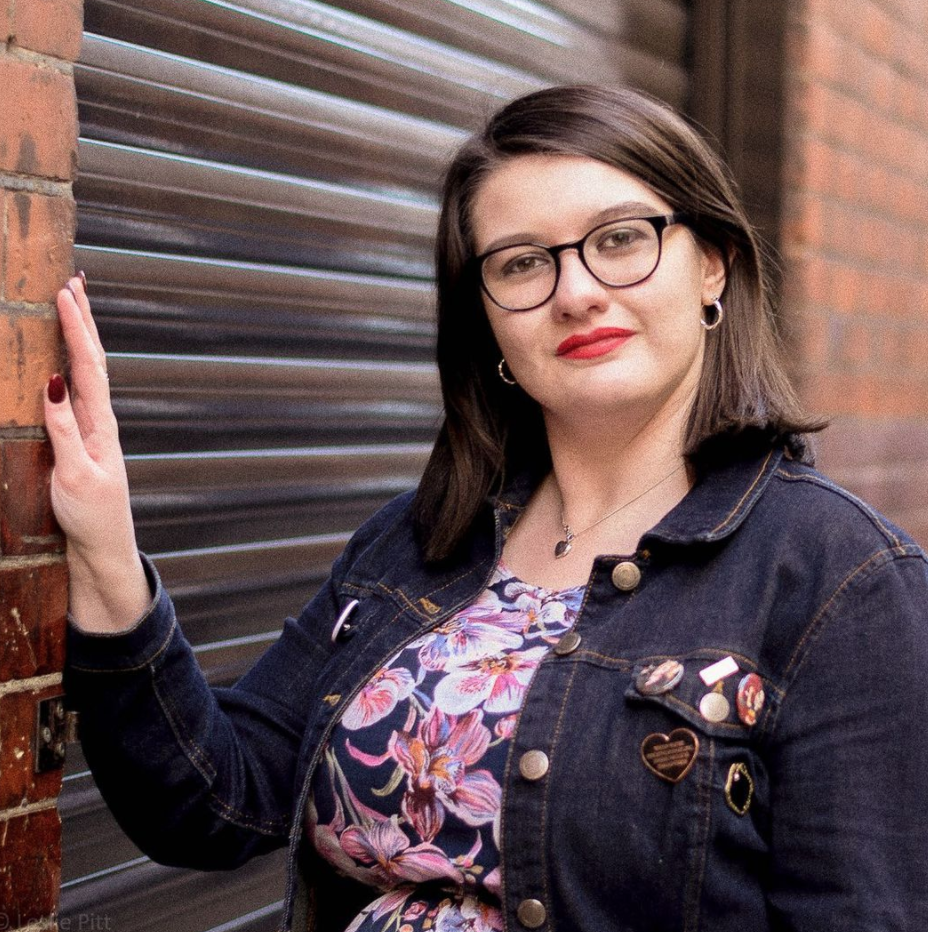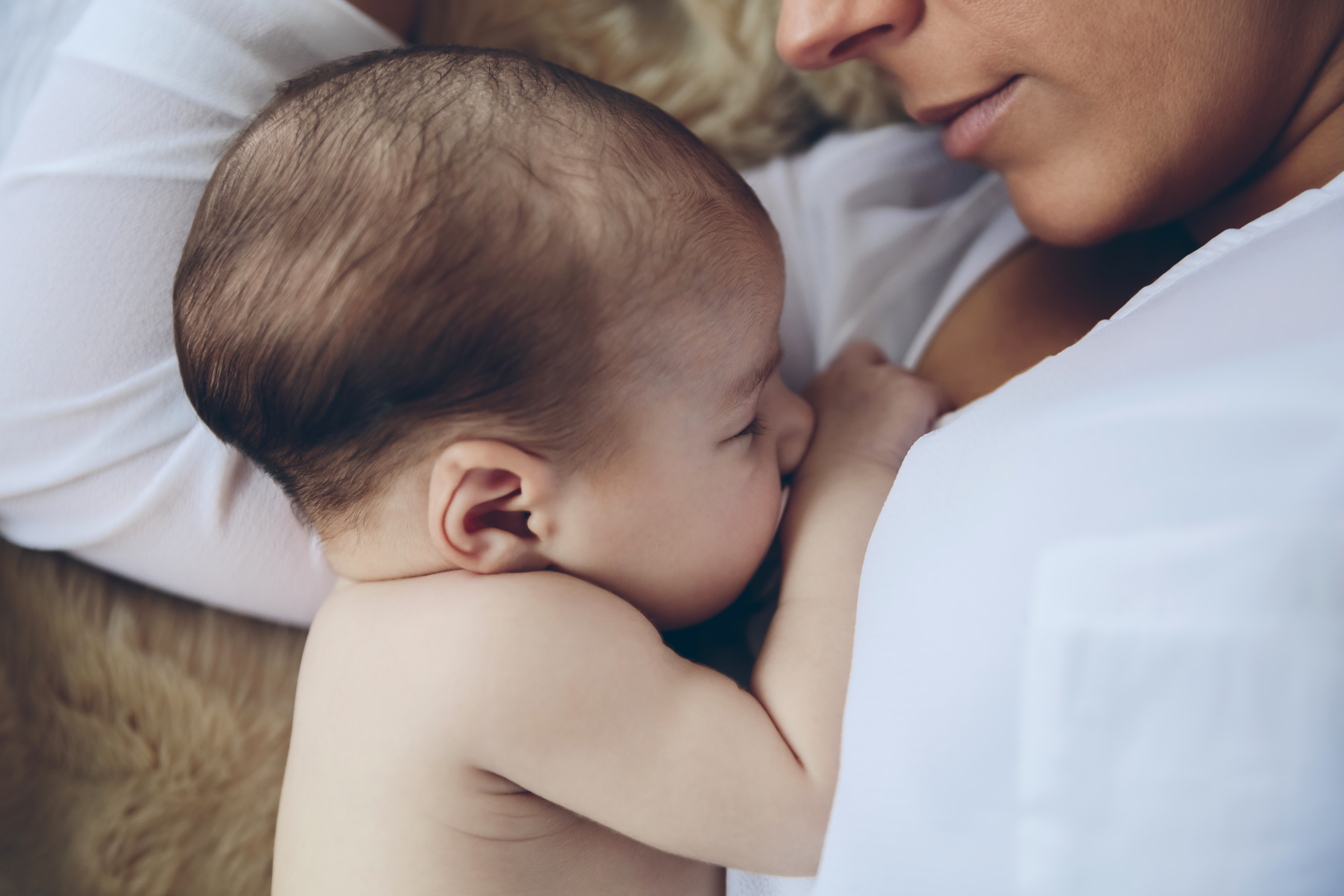Pregnancy and breastfeeding linked to lower risk of early menopause by new study


A study by the University of Massachusetts has revealed that people who have been pregnant or breastfed a baby are less likely to experience an early menopause.
An ‘early menopause’ is the term used to describe a menopause before the age of 45. Usually, menopause will occur between 45 and 55 years of age as a woman’s oestrogen levels decline.
Christine Langton led the menopause study, which looked at the health records in the Nurses’ Health Study II, a project that asked volunteers for information about their health every two years since 1989.
Using this information, Christine and her team studied the pregnancy, menopause, breastfeeding and menopause reports of 108,887 people over a 26 year period.
They discovered that those who had experienced pregnancies that lasted at least six months had a lower risk of experiencing an early menopause compared with those who hadn’t.
Christine said, “We observed a linear trend. Women who had one pregnancy had an 8 per cent lower risk, those who had two pregnancies had a 16 per cent lower risk, and those that had three pregnancies had a 22 per cent lower risk.”

The team accounted for infertility by removing people who had reported they were trying to conceive but hadn’t become pregnant. Christine confirmed, “There was no difference in the results.”
GoodtoKnow Newsletter
Parenting advice, hot topics, best buys and family finance tips delivered straight to your inbox.
They found that breastfeeding also lowered the risk of an early menopause. People who had breastfeed for a total of seven to twelve months were 28 per cent less likely to experience it.
Interestingly, women who had exclusively breastfeed for the same time period and had three pregnancies had a 32 per cent lower risk of early menopause.
However, the team only observed a correlation so they can’t be absolutely certain that pregnancies or breastfeeding influenced the timing of menopause. But ovulation is temporarily halted during pregnancy or slowed down during breastfeeding, it might pause the monthly loss of eggs. As a result of this, it could preserve egg reserves and delay menopause for longer.
Smoking and being underweight are both factors that could trigger it, as well as stress, poor diet and heavy drinking.

Lucy Buglass is a Digital Writer for What's on TV, Goodto.com, and Woman&Home. After finishing her degree in Film Studies at Oxford Brookes University she moved to London to begin her career. She's passionate about entertainment and spends most of her free time watching Netflix series, BBC dramas, or going to the cinema to catch the latest film releases.